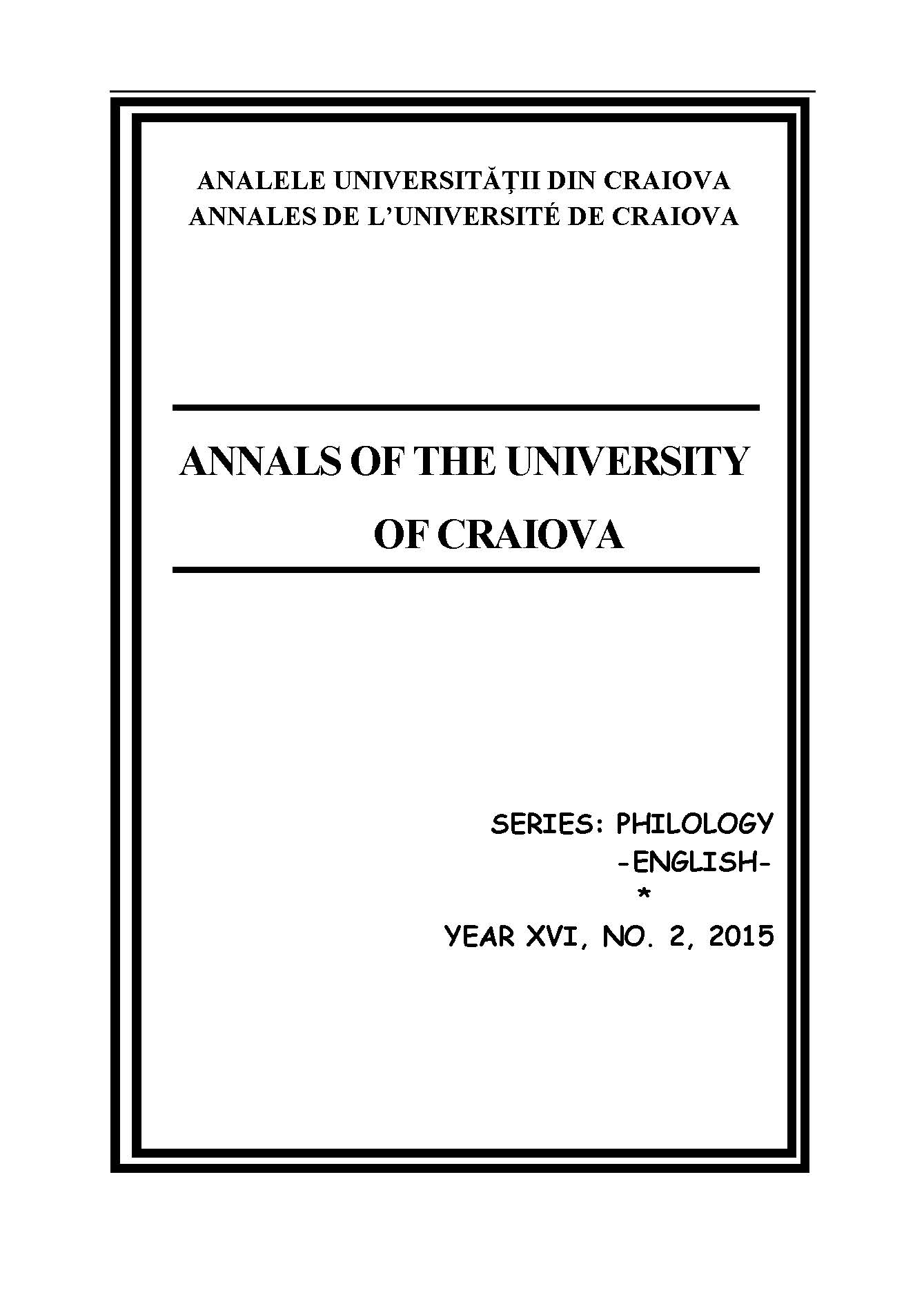Assuming Contextual Error in Ernest Hemingway’s The Old Man and the Sea
Assuming Contextual Error in Ernest Hemingway’s The Old Man and the Sea
Author(s): Adriana StefanSubject(s): Language and Literature Studies
Published by: Editura Universitaria Craiova
Keywords: assumed error; futility of existence; hubris; monstruosity of times.
Summary/Abstract: The notion of error presents the readers with an insight into the fatalattraction towards the prone to error human nature. Hemingway’s predilection for machistindividualism and existential egocentrism has propelled his characters into a constantfighting with absurdity and religiousness. Santiago, the fisherman from The Old Man andThe Sea raises heroic individualism to the status of tragic hubris under the prejudice of asalao. Assuming an error implies the craving for perfection and progress in the context ofgreat misery: ‘I could not fail myself and die on a fish like this.’ (Ernest Hemingway, TheOld Man and The Sea)
Journal: Annals of the University of Craiova, Series: Philology, English
- Issue Year: 2/2015
- Issue No: XVI
- Page Range: 215-223
- Page Count: 9
- Language: English

